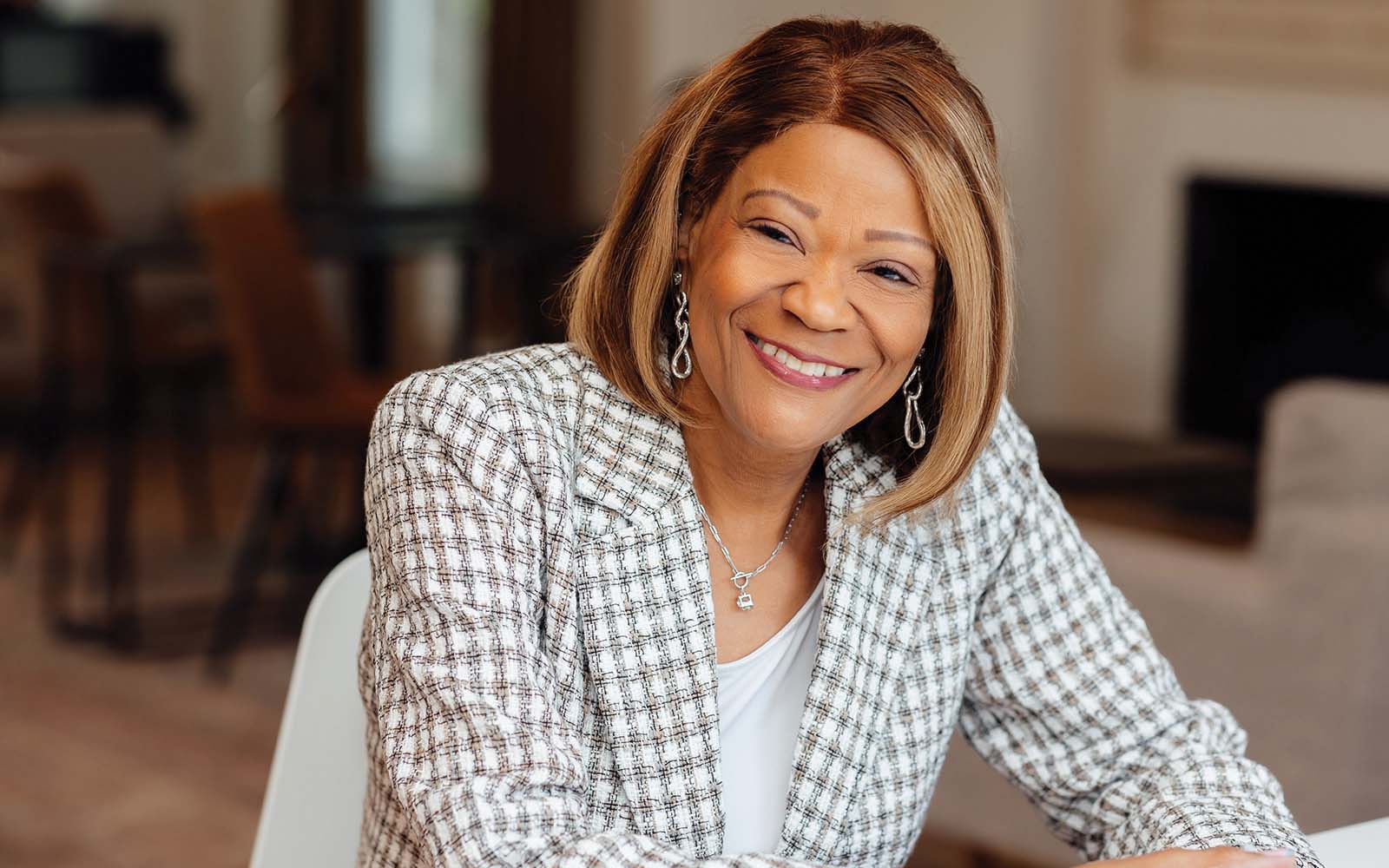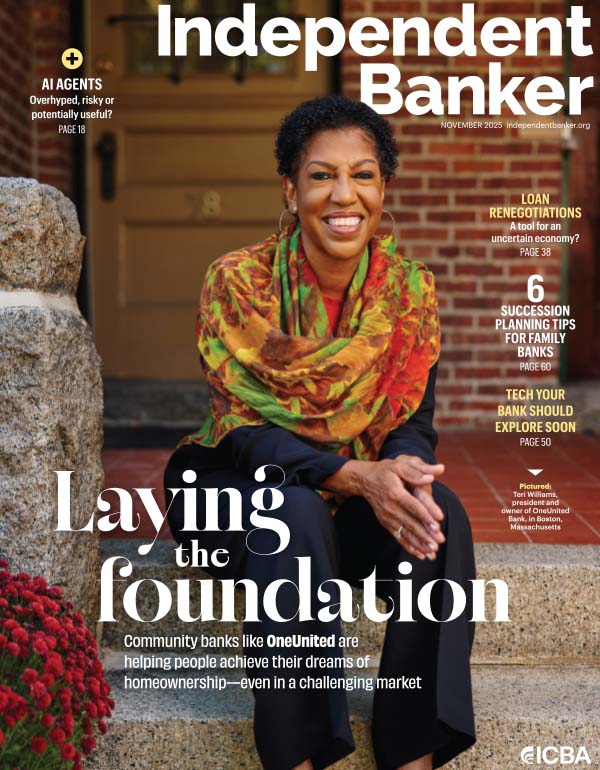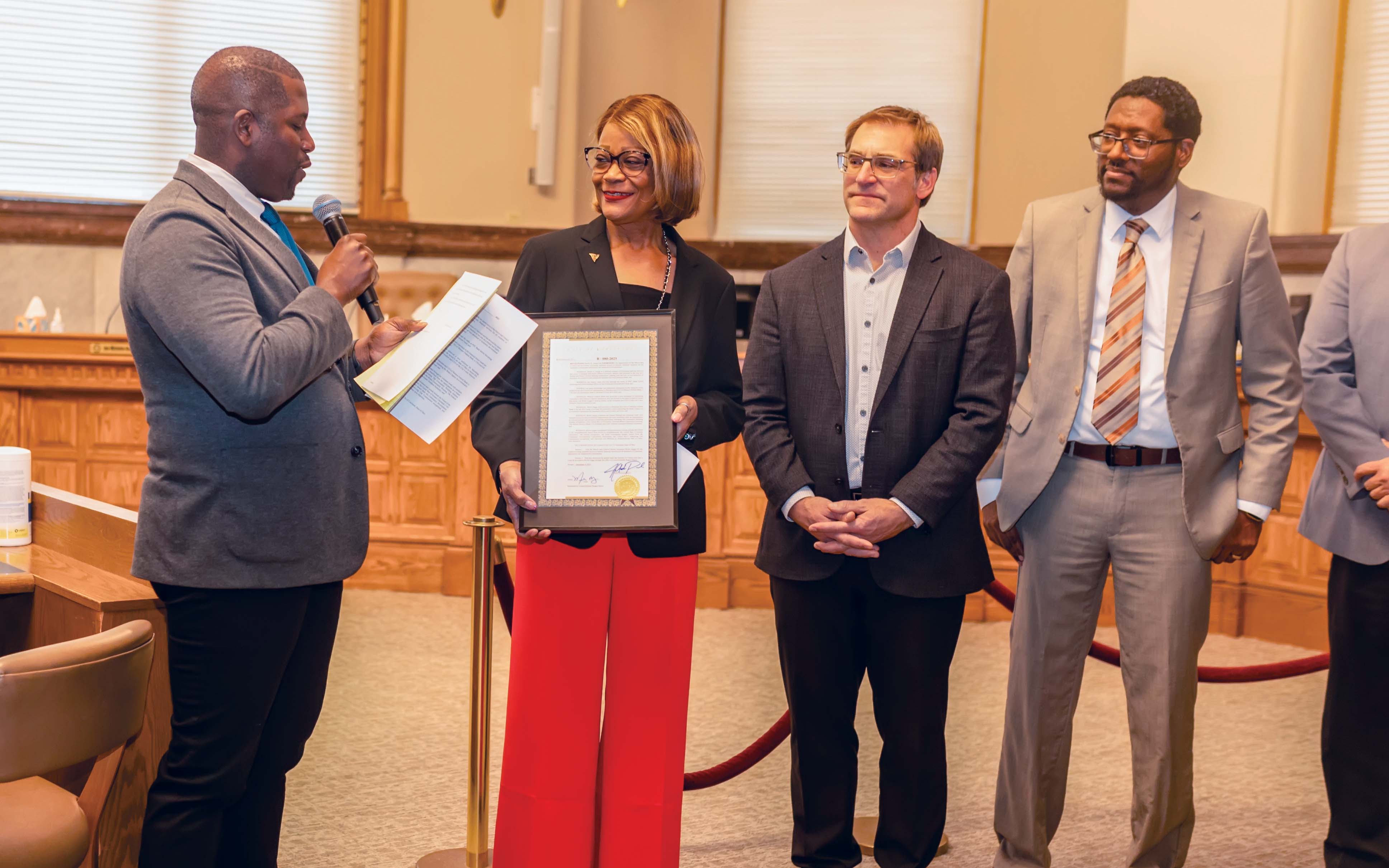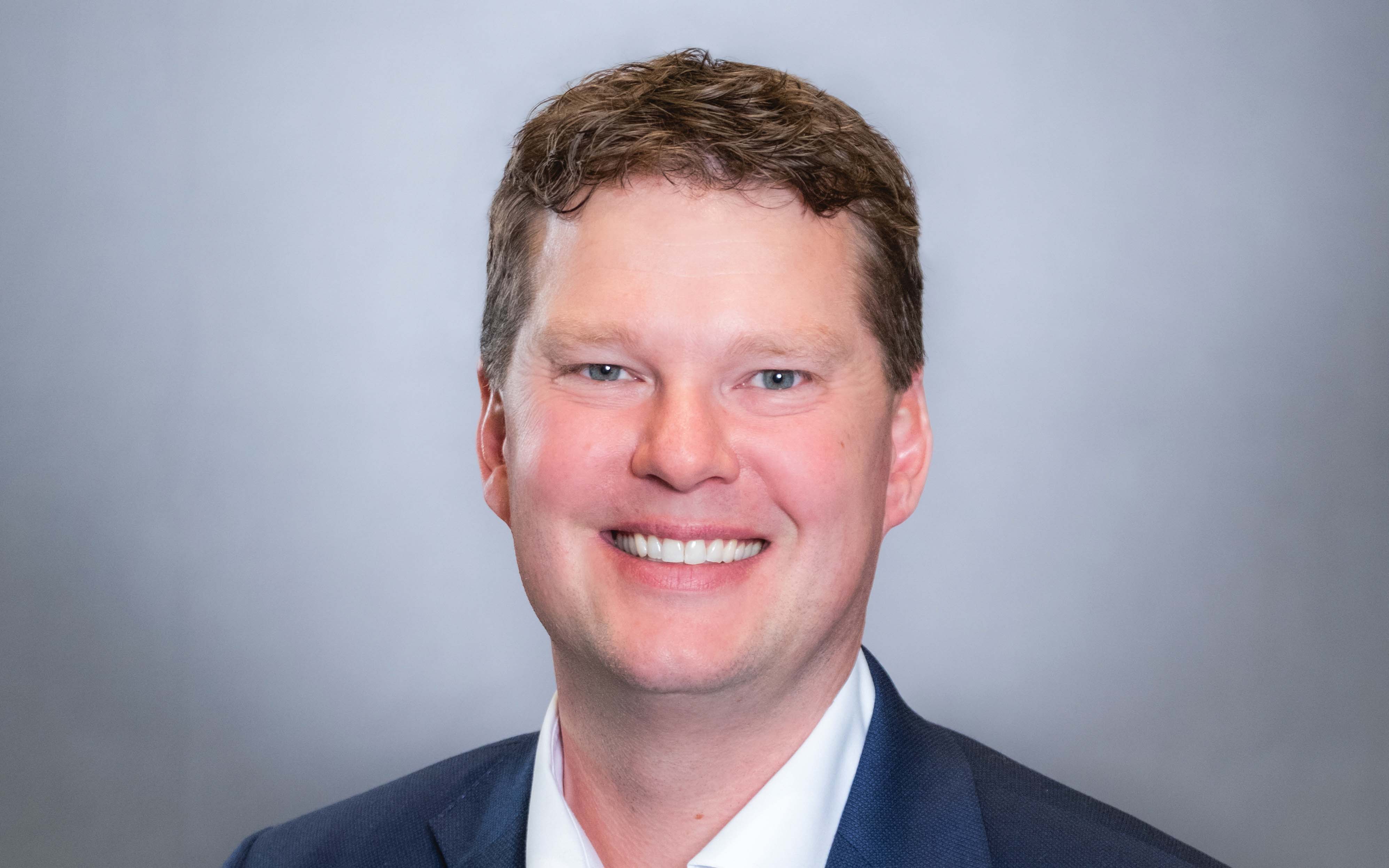Name: Warsaw Federal Bank
Assets: $90 million
Location: Cincinnati, Ohio
Last November, $90 million‑asset Warsaw Federal Bank in Cincinnati became a minority depository institution (MDI), the city’s first and only the second in the state. It was an unusual designation—not only due to its rarity.
MDI status is given by the Federal Deposit Insurance Corporation (FDIC) or the Office of the Comptroller of the Currency (OCC) to community‑based banks that are governed by majority‑minority boards or that are more than 51% owned by minorities.
However, it’s most often given to de novo banks, not community banks that have been in existence for more than 130 years, like Warsaw has.
The unconventional route
Established by three local businessmen in 1893, Warsaw Federal is a mutual bank, owned by its depositors and deeply invested in its community through its two branches serving the Price Hill and Sayler Park neighborhoods of Cincinnati. Over the years, its demographics have shifted from predominantly white to more Latino and African American.
Just over two years ago, an advisory committee for the community bank was considering creating a brand-new MDI but recognized that starting from scratch is a protracted process. That’s why they instead made the unusual decision of applying for MDI status for the existing bank.
The process of becoming an MDI has still been lengthy, says Robie K. Suggs, who has served as Warsaw Federal’s president and CEO since April 2023. Suggs—a former chief lending officer of the Cincinnati Development Fund—says the first steps to MDI status included getting approval from the OCC, obtaining the support of the community bank’s holding company, First Mutual in Lakewood, Ohio, and interviewing new board members to make sure they had the right skill sets. This coincided with a complete systems overhaul, upgrading every piece of the puzzle. And the process is ongoing.
“It’s been very exciting,” laughs Suggs. “I like to share with my colleagues that it’s like your hair’s on fire, and you’re drinking from two fire hoses and neither one of the fire hoses is putting out the fire!
So, it was a lot to learn in a very abbreviated timeframe.”
“These [underserved or low- to moderate‑income] individuals who haven’t gone mainstream with their credit choices sometimes find it hard to deal with traditional banks, because they don’t have any history or established credit score.”—Robie K. Suggs, Warsaw Federal Bank
An emphasis on financial education
Having the new designation allows Warsaw Federal to be more flexible in what it offers to the individuals and small businesses located in and around Price Hill, including the unbanked and underbanked.
“We know that the residents are mostly underserved or at a low- to moderate-income level. And that demographic usually has a harder time [obtaining affordable] financial services,” explains Suggs. “These individuals who haven’t gone mainstream with their credit choices sometimes find it hard to deal with traditional banks, because they don’t have any history or established credit score. Folks who pay cash for everything or buy their money orders—that’s how they make their payments on their bills. So, there’s not really a history for them to establish traditional credit.”
Warsaw Federal is looking at ways to support its community’s needs and bring opportunities for credit building to its customers.

Building generational wealth
One focus will be helping those individuals gain wealth through homeownership and small business development, which have eluded residents of the neighborhood for decades. That means offering unique mortgage products, as well as educating the community on such concepts as homeownership, credit maintenance, inheritance and generational wealth.
Suggs stresses the importance of discussing issues that many individuals often don’t want to talk about and making banking more approachable.
“Some folks, if they are lucky enough to own their home, they may actually be able to use some of the equity built in their home to start a business,” she says. “And, so, what does that look like for a small business? How do you help them with understanding what’s a good way to manage your finances? Do they really need a CPA? Those kinds of things that people tend to just sort of fall into, instead of being intentional about, when they start a business.”
With the official MDI designation still freshly minted, the team at Warsaw Federal is looking at the products and services the community bank currently offers and figuring out if they’re still appropriate. To this end, Suggs explains, they are setting up listening sessions with the help of local nonprofits—neutral parties that already serve the community—to help the bank establish trust with community members.
“What those sessions will do is allow us to say, ‘Hey, tell us what you need! Are you getting what you need from your financial institution? Are there things that you wish were available? Why are you using payday lenders to do your general banking? Do you understand what a financially depressing cycle you can be placed in by using those services?’” she says.
Warsaw Federal already has an established loyal depositor base that has been with the community bank for decades, and Suggs believes this loyalty has helped sustain it.
Under its new designation, the bank will be reaching out to the underserved within the community, building that same trust. Suggs is keen to stress that underserved individuals don’t have to be minorities. “Yes, we are an MDI, but that does not mean that someone who is not a minority can’t walk into the bank and feel welcome.”






